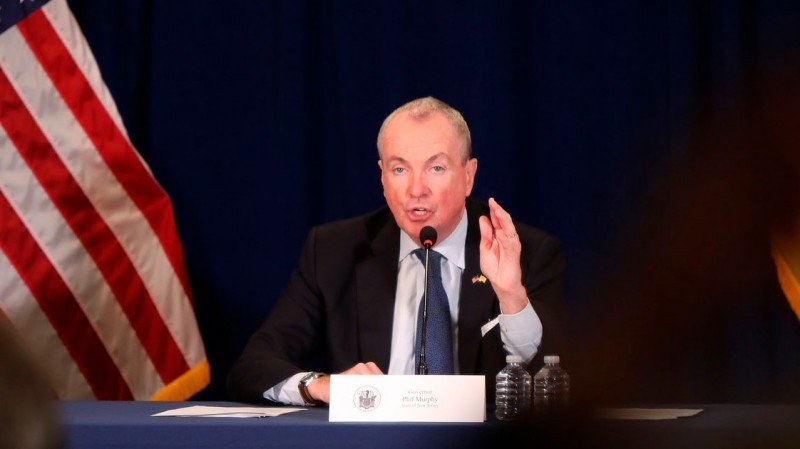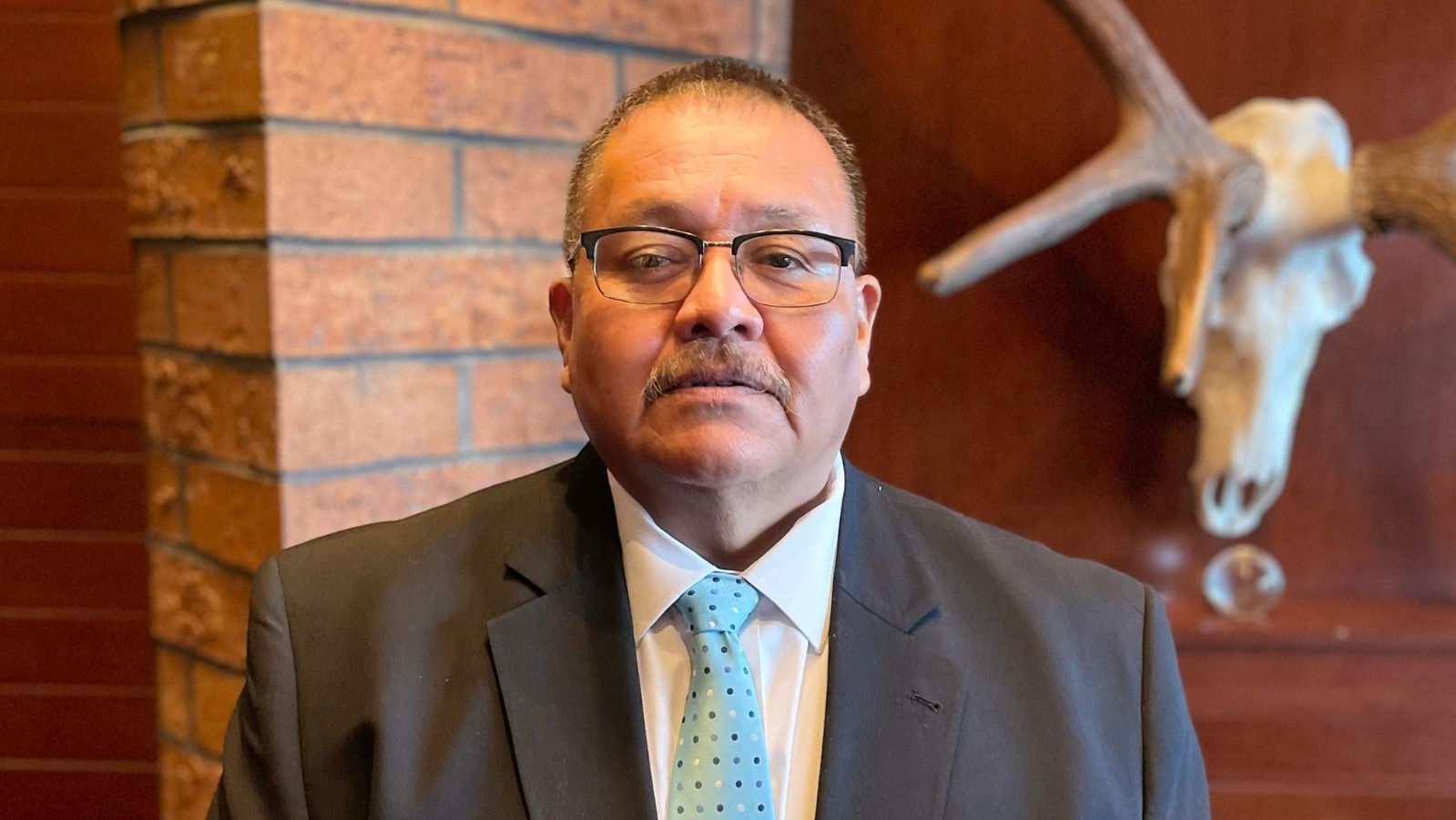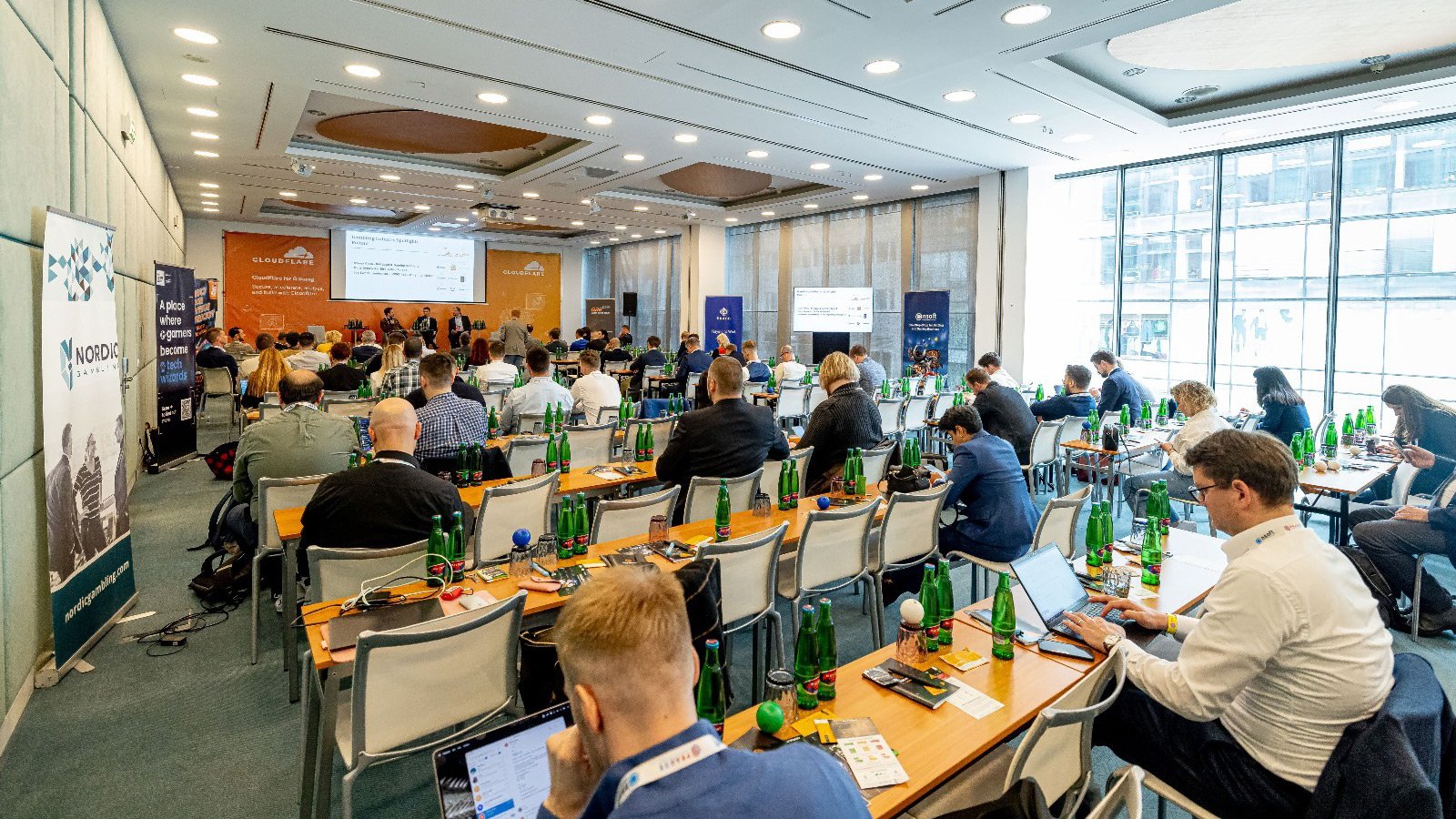Judge to rule on New Jersey casino tax break case in 30 days as Atlantic County seeks millions in damages

The legal battle over New Jersey's controversial casino PILOT law, which gives tax relief to Atlantic City's casinos by removing sports and online gaming revenues from the calculation of the payments in lieu of taxes, is still in process. A Superior Court Judge will decide within the next 30 days whether the state must pay Atlantic County millions of dollars to make up for tax revenue lost as a consequence of Governor Phil Murphy signing the casino-backed tax break measure last year.
Judge Michael Blee is overseeing the legal dispute between the county and the State of New Jersey, with the county alleging the tax break violates the parameters of a 2018 settlement agreement between both parties. Blee’s impending decision would outline how much money the county should receive in damages.
The amendments, signed into law by Murphy in 2021, involved the reform of a payment-in-lieu-of-taxes program created in 2016 that exempted casinos from property taxes and reduced the county’s tax base by $3.2 billion. Supporters of the bill said it would prevent the closure of as many as four Atlantic City casinos.
Gov. Phil Murphy
Ronald Ricchio, an attorney for Atlantic County, argued during a Wednesday hearing the amended law would reduce the payments the county agreed to accept in the 2018 settlement, and therefore violate that court order.
“This goes right directly to the constitutional separation of powers. It’s the executive and the legislative branch essentially thumbing its nose to the judiciary, and it doesn’t work that way," Ricchio said, as reported by New Jersey Monitor.
The amended law will could cost the county as much as $25 million through 2026, when the settlement terms lapse. PILOT payments would deprive the county of almost $5 million this year, Ricchio added. The payments made in February and May were $2.4 million short of what the county would have received under the previous version of the law.
Riccio said Wednesday the county should receive $4,725,000, estimated to be the difference between what Atlantic County would have received in 2022 had the law not changed, and any attorney fees incurred since the litigation began, according to The Press of Atlantic City. Those expenses have already surpassed $300,000, according to James Ferguson, county counsel.
Riccio requested unspecified damages for 2023 through 2026, again based on the difference between the two formulas for those years. Recalling Gov. Phil Murphy signing the legislation, sponsored by former Sen. Steve Sweeney, into law, he also called for a sanction against the state.

Attorneys for the state noted Judge Joseph Marczyk, who heard the case before his temporary assignment to the Appellate Division last month, did not stop the amended law from coming into force in earlier rulings and they alleged Atlantic County officials could not know the effect of the changes on PILOTs ahead of time due to the fact that payments are based on casino revenue, which is variable year-to-year.
Representative of the state and Atlantic City John Lloyd stated that it is “literally impossible to do." Absent that ability, "all the emotion about flouting this court, coequal branch of government, the citizens and taxpayers of Atlantic County falls apart," he argued, as reported by the cited source.
Internet gaming revenue was also a topic of debate as it has been used in past calculations of gross gaming revenues, which are used to set PILOT payment levels. However, state statute does not require they be included in those measures.
Any decision in this case is likely to be appealed. Attorneys for the state have already attempted to move the casino dispute into the Appellate Division, but that bid was unsuccessful.



















































